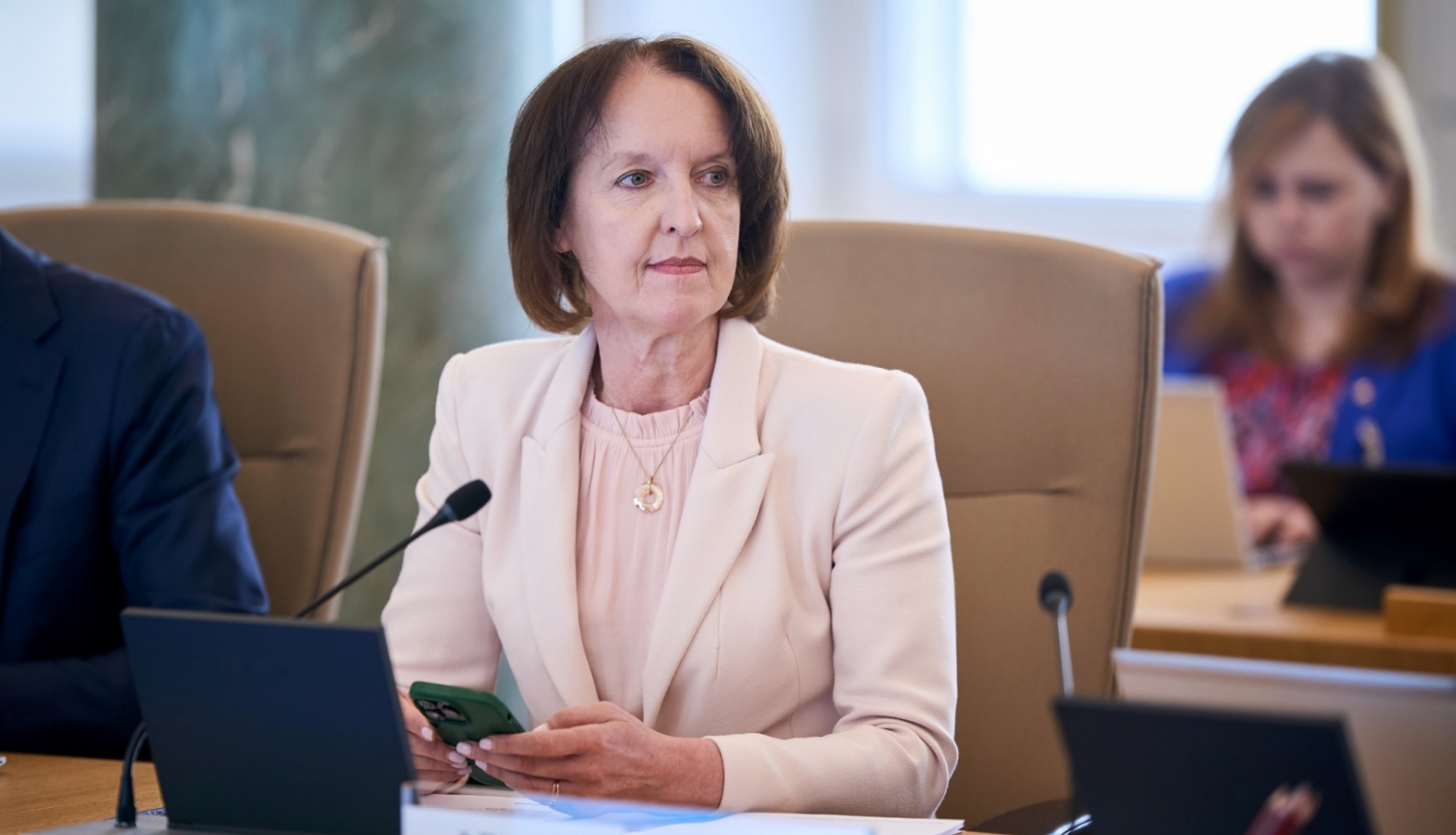On 27 May 2024, the Ministers of Latvia, Germany, Estonia and Lithuania presented their recommendations for the European Commission's next work programme for improving digital policy at a press conference of the Innovation Club. Germany and the Baltic States want to strengthen the European Union's (EU) digital space and improve existing conditions for innovation, data accessibility, secure identification and connectivity.
At a press conference, the ministers jointly presented their plans for a new EU digital agenda, with the reduction of market barriers as a key element. The four countries are submitting recommendations for the next European Commission work programme, calling for a digitally single market, as well as pragmatic and more effective approaches to achieve this goal.
Inga Bērziņa, Latvia’s Minister of Environmental Protection and Regional Development: “In the face of fierce global competition, we understand that only the swiftest economies, equipped with the most conducive conditions, will reap the rewards of digital technology. The 'innovation club' symbolizes our dedication to learning from each other, sharing knowledge, and collectively shaping the EU's digital policy. By uniting our strengths, we aim to propel the EU into a digitally empowered future. I am sure that the recommendations will be guide principles for the upcoming work program of the European Commission to strengthen our strategic capabilities, creating a more sustainable and competitive Europe."
Dr. Volker Wissing, Federal Minister for Digital and Transport: “We are facing tough competition. Only the fastest economies with the best frameworks will benefit from digital technology and thus secure their prosperity. In Europe, we must focus more on the innovative power of the free market, especially in the digital sector. This means less government intervention, no isolation and more freedom for European companies. With the Innovation Club, we want to break down market barriers and unnecessary reporting obligations for businesses. We want to increase data availability and promote common standards. The state should concentrate on core tasks such as competition-friendly conditions for broadband expansion.”
Aušrinė Armonaitė, Lithuania’s Minister of the Economy and Innovation: “We aim to make Europe a global leader in the digital era and to create a supportive environment for emerging digital technologies and breakthrough solutions. Innovation Club is taking the lead, with experts from our countries making actionable proposals to strengthen Europe’s competitiveness in key areas. Lithuania, along with other member countries, has significant experience and expertise in adopting and integrating advanced digital technologies, which we see as vital for the development of our economies.”
Tiit Riisalo, Estonia’s Minister of Economic Affairs and Information Technology: „Making use of the potential of data has been discussed for a while now. It is high time for Europe to bring those ideas to fruition. Based on a recent survey, Estonian economy has room for up to 8% growth annually, if the potential of data and generative AI are used to the fullest. For using that potential, not only do we have to actively attract top AI, data and digital talent to Europe, but to fast forward with the creation of regulatory and technological sandboxes for companies to take advantage of while making open data accessible for innovation and the creation of new data-driven services. European citizens need to be empowered not only by strong AI and data skillset but with consent-based data sharing tools and broadly used privacy enahncing technologies at their fingertips.“
